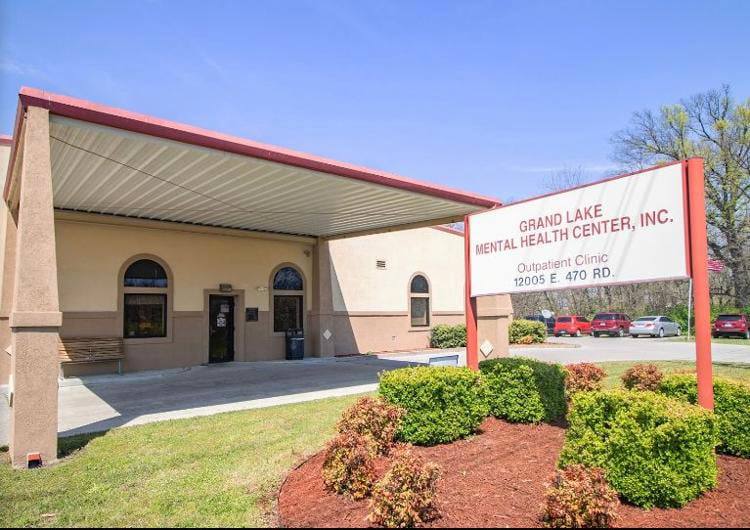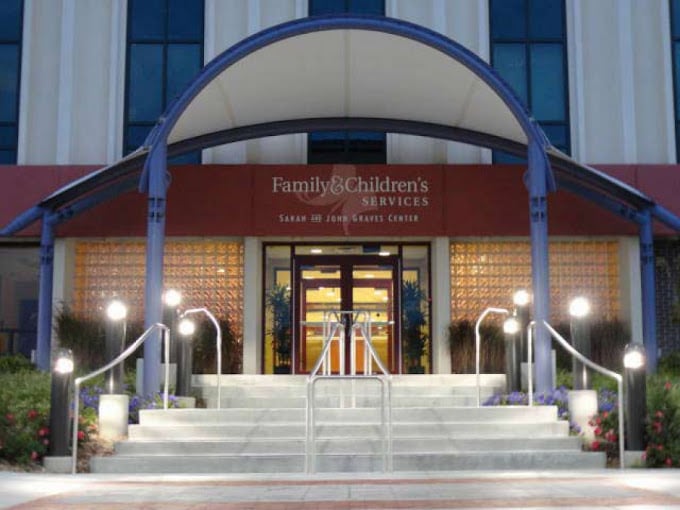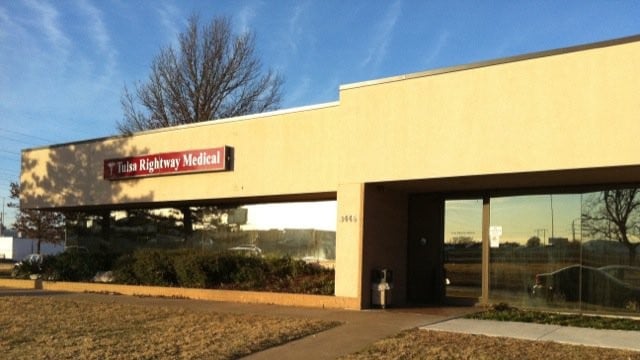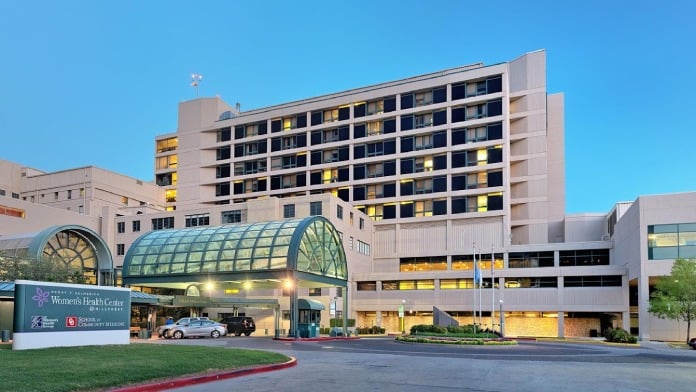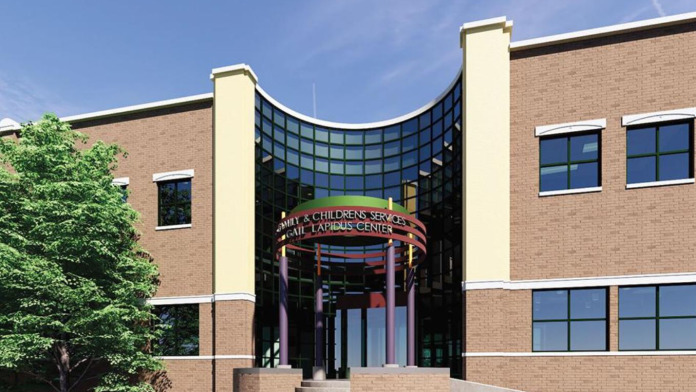Went in for ultrasound this morning. Checked in and an hour and a half later went to see why the wait and the girls that checked us in never told the ultrasound tech we had arrived. There were never over 6 people in the waiting room and they never noticed we waited an hour a ...
About Hillcrest Hospital Claremore
Hillcrest Hospital Claremore is a medical facility that provides medical care inclusive of emergency interventions in Claremore, Oklahoma. You can receive both inpatient and outpatient care. While there is no formal substance use disorder (SUD) treatment program offered here, people in immediate crisis can access help through the emergency room department.
Claremont, Oklahoma offers a wide range of recreational activities that can be enjoyed over the course of your recovery and beyond. Will Rogers Memorial Museum is a major landmark that serves as a cultural hub. Similarly, there are other local parks like Dog Iron Ranch and Conservation Education Reserve that are also fantastic for relaxation. Finally, Rogers State University is an educational hub that can also serve to provide resources to people in recovery.
Extensive Medical Support
While Hillcrest is a medical center and it doesn’t have a dedicated behavioral health department that specifically offers mental health care, you can receive select support here. In particular, acute behavioral health is managed within the emergency department. This can include people struggling with substance related crises. They’ll help you through your immediate crisis, whether that’s an overdose or severe withdrawal symptoms, and connect you with resources that can help you continue your recovery.
Begin Your Journey with Acute Behavioral Health Care
Once you’re stabilized here, a patient care advocate or case manager may begin working with you to develop a referral plan to transition you to either outpatient or inpatient care or a detox program to begin your sobriety journey. This may also include referrals to the in house inpatient behavioral health unit which is designed for people with acute needs.
Still, while you’re being treated here, you’ll enjoy the prompt emergency care and accessibility of services especially for those needing intervention or stabilization for behavioral health concerns. Hillcrest Hospital accepts major private insurance plans as well as Medicare and SoonerCare (Oklahoma Medicaid), and self pay. You may also have the option to use financial aid services based on demonstrated need.
Facility Overview
Latest Reviews
Rehab Score
Gallery
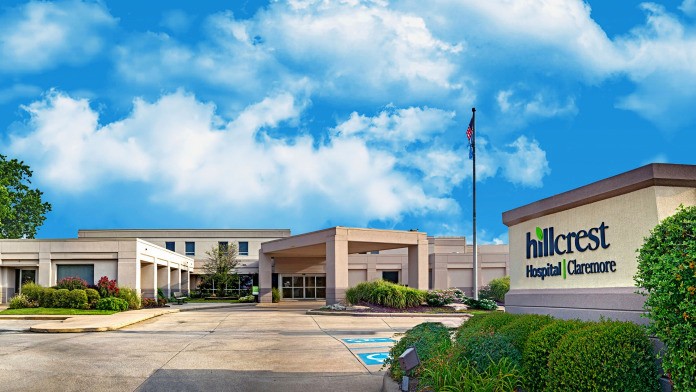
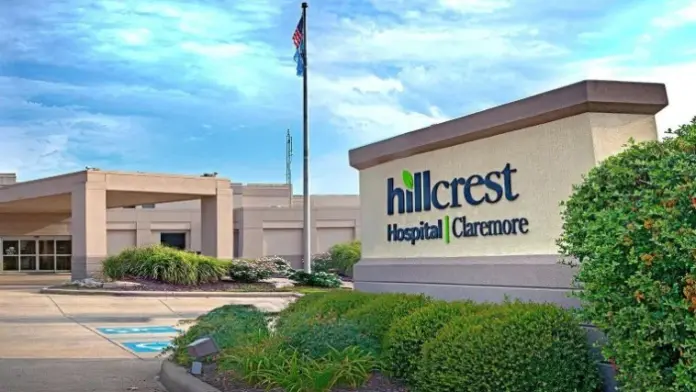
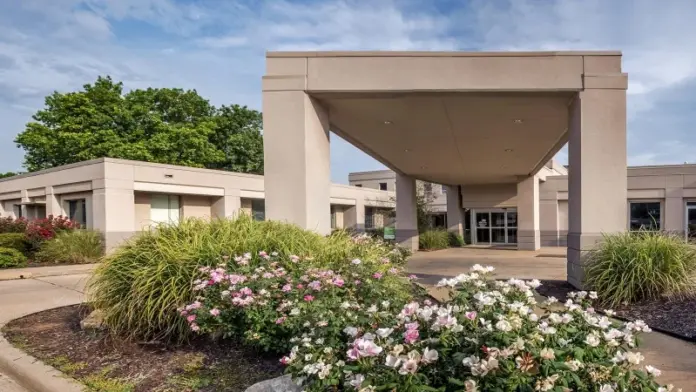

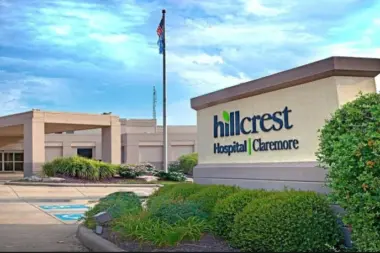
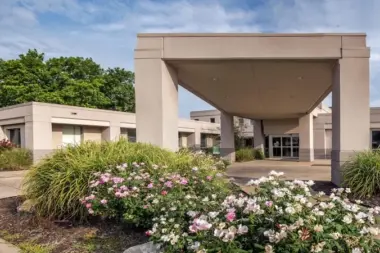
Other Forms of Payment
Private insurance refers to any kind of healthcare coverage that isn't from the state or federal government. This includes individual and family plans offered by an employer or purchased from the Insurance Marketplace. Every plan will have different requirements and out of pocket costs so be sure to get the full details before you start treatment.
Self-pay involves paying for treatment out of your own pocket. You can use savings or credit, get a personal loan, or receive help from family and friends to fund your treatment. If you don't have insurance or your insurance plan doesn't cover a specific program, self-pay can help ensure you still get the care you need.
Medicare is a federal program that provides health insurance for those 65 and older. It also serves people under 65 with chronic and disabling health challenges. To use Medicare for addiction treatment you need to find a program that accepts Medicare and is in network with your plan. Out of pocket costs and preauthorization requirements vary, so always check with your provider.
Medicaid is a state based program that helps lower-income individuals and families pay for healthcare. Medicaid covers addiction treatment so those enrolled can use their coverage to pay for rehab. When a program accepts Medicaid the client often pays very little or nothing out of their own pocket.
Military members, veterans, and eligible dependents have access to specific insurance programs that help them get the care they need. TRICARE and VA insurance can help you access low cost or no cost addiction and mental health treatment. Programs that accept military insurance often have targeted treatment focused on the unique challenges military members, veterans, and their families face.
Addiction Treatments
Levels of Care
Clients seeking care in an outpatient rehab are often stepping down from intensive inpatient treatment or have chosen to remain in their home while in treatment. Outpatient programs offer a variety of services to provide clients with a full continuum of care. Partial hospitalization (PHP) and intensive outpatient (IOP) programs are high frequency and intensity services for clients who require robust structure, supervision, and support. Outpatient treatment typically consists of psychotherapy, recovery education, and medication assisted treatment (MAT).
Inpatient rehabs provide extra support for clients in early recovery and those at a high risk of relapse. They allow clients to focus on their sobriety safe from outside distractions, stressors, and addiction triggers. Clients reside at the treatment center for the length of their program, where they receive extensive addiction counseling, including individual, group, and family therapy. Many programs also offer robust life skills training and holistic therapies, such as meditation.
Treatments
Many of those suffering from addiction also suffer from mental or emotional illnesses like schizophrenia, bipolar disorder, depression, or anxiety disorders. Rehab and other substance abuse facilities treating those with a dual diagnosis or co-occurring disorder administer psychiatric treatment to address the person's mental health issue in addition to drug and alcohol rehabilitation.
Mental health rehabs focus on helping individuals recover from mental illnesses like bipolar disorder, clinical depression, anxiety disorders, schizophrenia, and more. Mental health professionals at these facilities are trained to understand and treat mental health issues, both in individual and group settings.
Clinical Services
Cognitive Behavioral Therapy (CBT) is a therapy modality that focuses on the relationship between one's thoughts, feelings, and behaviors. It is used to establish and allow for healthy responses to thoughts and feelings (instead of unhealthy responses, like using drugs or alcohol). CBT has been proven effective for recovering addicts of all kinds, and is used to strengthen a patient's own self-awareness and ability to self-regulate. CBT allows individuals to monitor their own emotional state, become more adept at communicating with others, and manage stress without needing to engage in substance abuse.
Group therapy is any therapeutic work that happens in a group (not one-on-one). There are a number of different group therapy modalities, including support groups, experiential therapy, psycho-education, and more. Group therapy involves treatment as well as processing interaction between group members.
In individual therapy, a patient meets one-on-one with a trained psychologist or counselor. Therapy is a pivotal part of effective substance abuse treatment, as it often covers root causes of addiction, including challenges faced by the patient in their social, family, and work/school life.
Trauma therapy addresses traumatic incidents from a client's past that are likely affecting their present-day experience. Trauma is often one of the primary triggers and potential causes of addiction, and can stem from child sexual abuse, domestic violence, having a parent with a mental illness, losing one or both parents at a young age, teenage or adult sexual assault, or any number of other factors. The purpose of trauma therapy is to allow a patient to process trauma and move through and past it, with the help of trained and compassionate mental health professionals.
Experiential therapy is a form of therapy in which clients are encouraged to surface and work through subconscious issues by engaging in real-time experiences. Experiential therapy departs from traditional talk therapy by involving the body, and having clients engage in activities, movements, and physical and emotional expression. This can involve role-play or using props (which can include other people). Experiential therapy can help people process trauma, memories, and emotion quickly, deeply, and in a lasting fashion, leading to substantial and impactful healing.
Contact Information
1202 North Muskogee Place
Claremore, OK 74017
